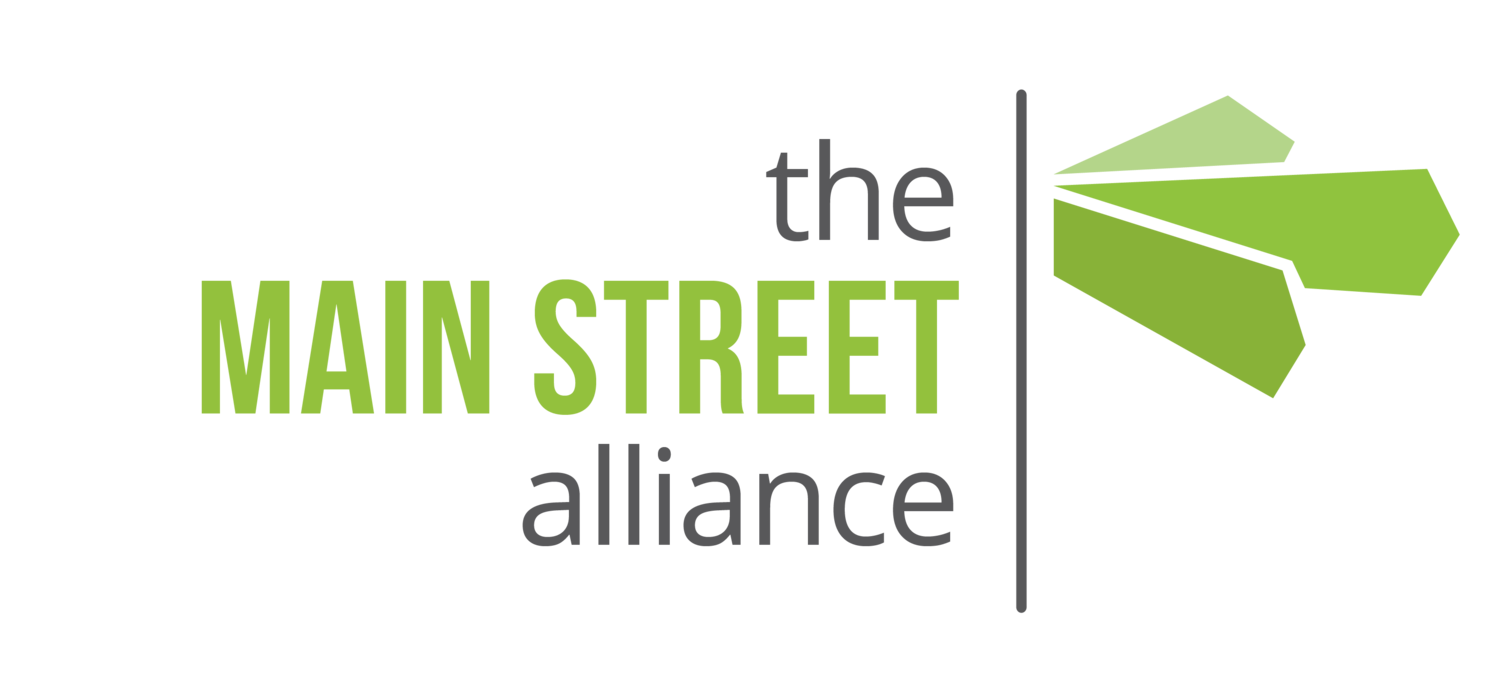The Case for Small Business Organizing
By Chanda Causer, Outgoing Executive Director, Main Street AllianceIn an election year, everyone wants to talk about small businesses—to laud their support for "the backbone of the American economy.” But once the votes are tallied, actual flesh-and-blood small business owners and their policy needs fade into the background. As we have repeatedly seen, small business political power is far too easily lost on lip service. But when we are organized, we can make real demands that drive elections and our economies.
Today, we are witnessing a resurgence of labor organizers fighting to hold large corporations accountable for the excess of wealth that has been extracted from our communities and must be demanded back. Now is the time for true small business owners to stand with workers and harness our collective power to demand change. Too often, the narrative becomes “employer versus employee,” and we’ve got to stop that. When we organize, we can see benefits that lift up our whole communities—employers and employees. We can create a bigger pot of public goods that employers and employees can pull from to sustain our small businesses and communities.
What seems abstract or academic inside the Beltway becomes concrete—and consequential—on Main Street. Failure to invest in public goods like child care or paid leave means that small business owners can’t take care of their own families and health and can’t hire and retain the staff they need to run and grow their businesses. Rising Federal Reserve interest rates mean small business owners can’t get the loans to keep the doors open and the lights on. For Black and brown small business owners, up against lasting racial wealth gaps, barriers to capital access, and daily discrimination, these challenges are only compounded.
No matter where we go and talk to small business owners, monopolies arise. Giant companies like Amazon have advantages upon advantages, from access to unprecedented amounts of real-time consumer data to dominance over the supply chain to the ability to massively undercut all competitors on price. They wield those edges aggressively and ambitiously, making it excruciatingly hard for small businesses just to get by. We have to change the conscience of the American consumer, to build willingness to pay more to invest in communities by understanding just how much cut-rate deals really cost us all. Small business organizing is the only way to foster that change, first rebuilding and then flexing the muscle of shared support for shared reward.
Moreover, big businesses have used federal and state-level policies to amass even greater wealth and lock in their power, from sweetheart public investment deals to indulgent tax treatment that depletes the public coffers for the investments we need. It is painfully ironic that the mantle of “protecting small businesses” is constantly claimed by corporate behemoths to justify policy decisions, making it increasingly impossible for small businesses to survive and thrive.
America’s small businesses face challenges, just as they always have. But we can’t solve any of them unless we build shared power. Organizing is grinding, costly, often thankless work. Organizing is also essential to address the urgent and existential threats to our small businesses and communities. When small business owners organize and leverage our political and economic power, we can change elections and demand accountability for tangible results from the city council to Congress. But without organizing, that power disappears—and our TRUE small businesses may disappear. In this election year, what do you want to change, who do you need to hold accountable, and are you talking about the problems with others who care? If you haven’t - get started with Main Street Alliance.

